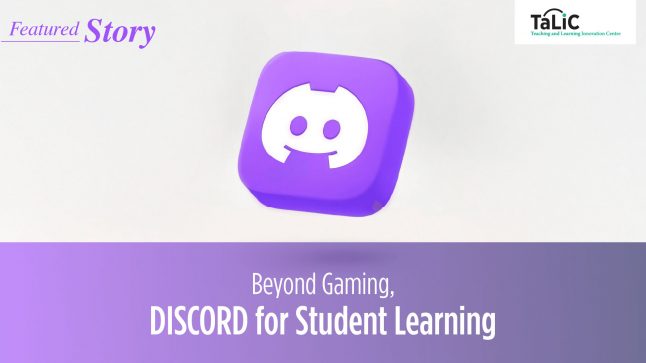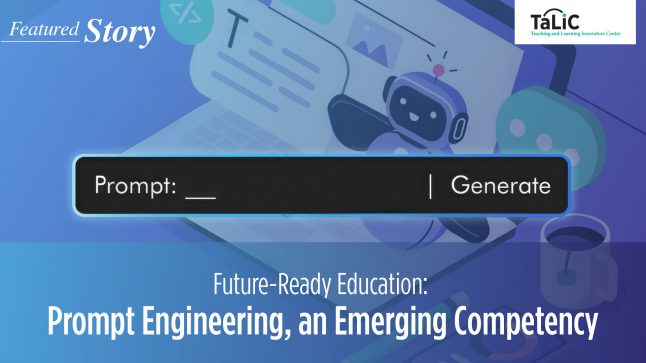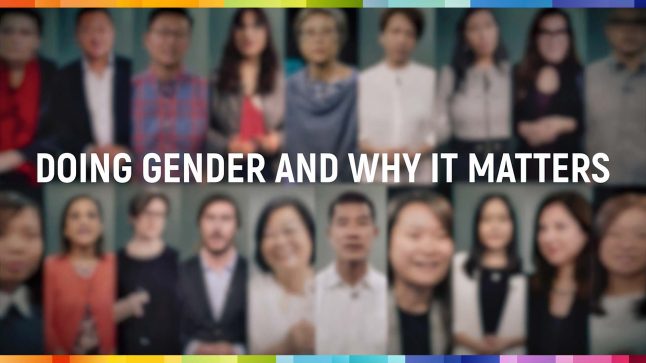
A new online course to be launched by the JMSC this spring will aim to teach the public how to critically evaluate news and news sources, to better understand and respond to issues and events that affect their everyday lives.
The Massive Open Online Course, or MOOC, titled Making Sense of News, will be available to students worldwide on edX, the non-profit online education portal founded by the Massachusetts Institute of Technology and Harvard University. The six-week course will begin on 19 May, and the JMSC is now accepting student registrations.
The content has been developed by two JMSC faculty members, Assistant Professor Masato Kajimoto and Assistant Lecturer Anne Kruger, who will also present the online lectures.
Click here if you cannot access Youtube
Kajimoto said the course will aim to show students how to examine the validity of information in news reports and social communications, with special emphasis on information disseminated online, where unsubstantiated rumours and inaccurate information often circulate. The course among other things will examine recent cases where the sharing of unconfirmed rumours has had serious consequences.
Kajimoto said it is vitally important for people everywhere to develop such skills, and to consider the potential consequences of responding quickly to news reports before they are verified.
He said although all members of the public should be able to benefit from the course, it should prove particularly valuable for undergraduate university and middle school students.

“These students have grown up with social media as an integral part of their lives, and many rely on platforms like Twitter and Facebook for their news,” Kajimoto said. “The recent Occupy Central protests in Hong Kong “demonstrated how quickly false rumours can be spread (via social media) and how these rumours get taken as fact. Social media now have dramatic impact on people’s actions.”
Classes will consist of video clips and interactive exercises. Participants will be required to spend two to three hours per week watching the lectures, reading material recommended by the lecturers, completing assignments, and discussing the subject with other class members on the online portal.
“I expect our students to be the future decision-makers, and oftentimes people make decisions based on what they hear in news reports,” Kajimoto said. “If they can learn how to pause and think about the power of disseminating information on social media through this course, that’s a good thing.”
To register for the course, visit the Making Sense of News registration page on edX.











